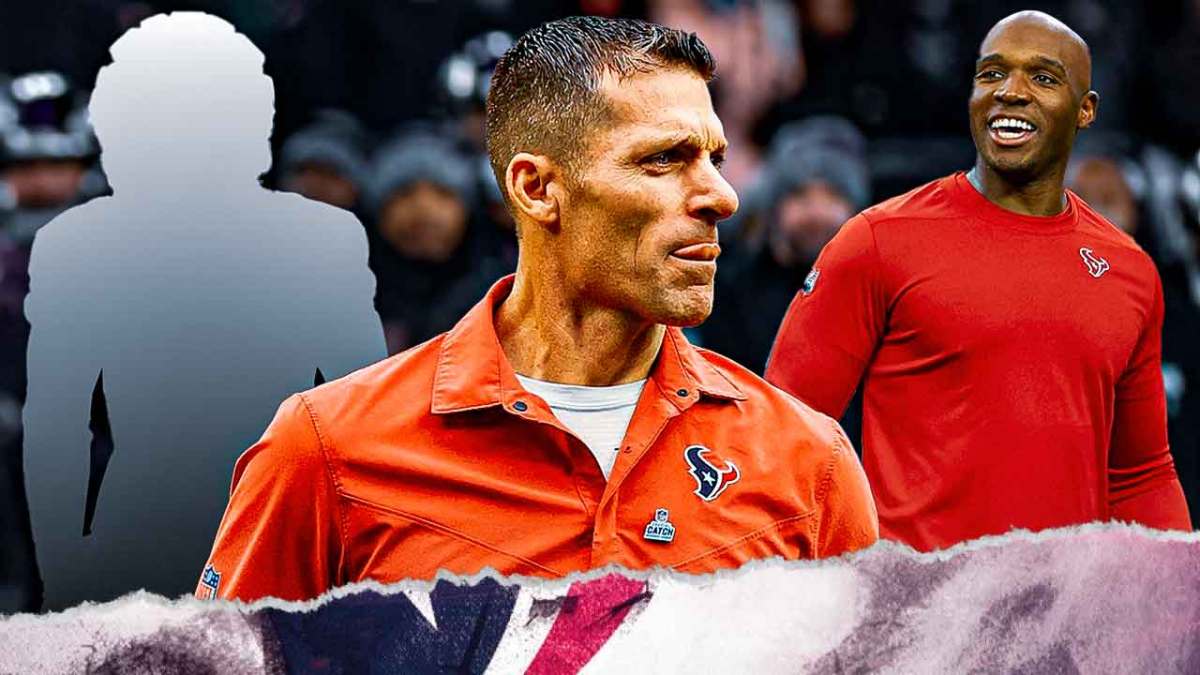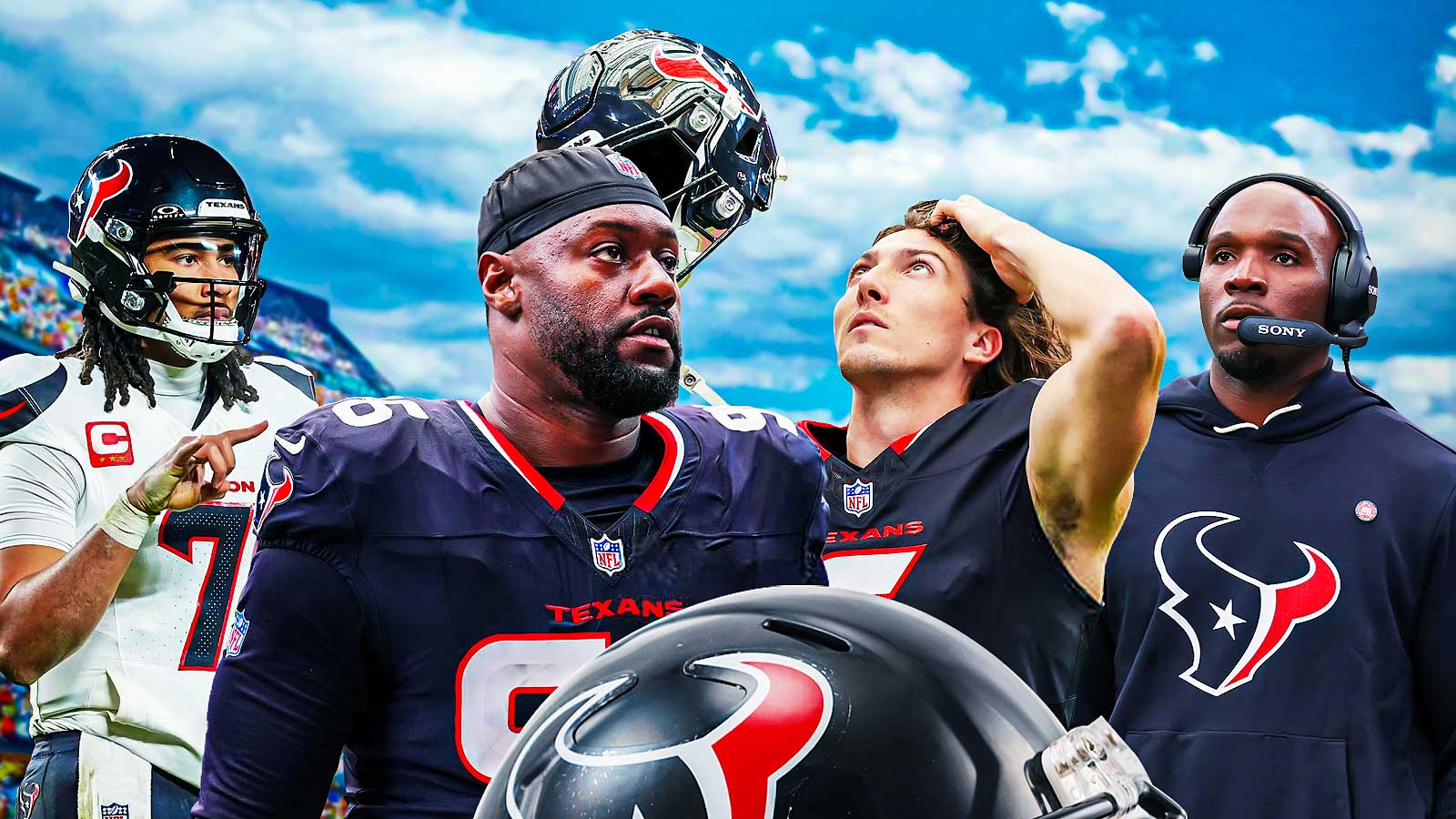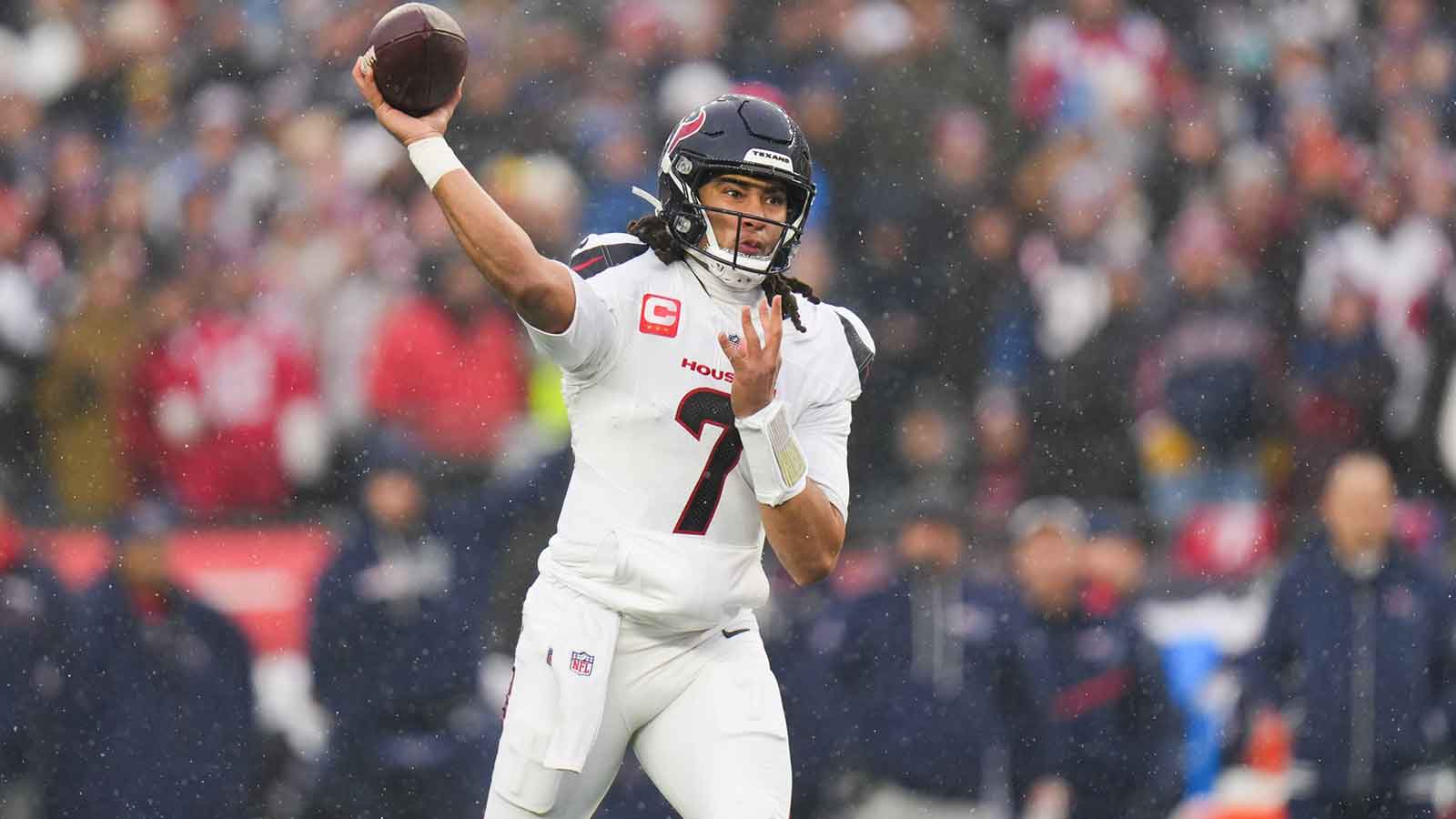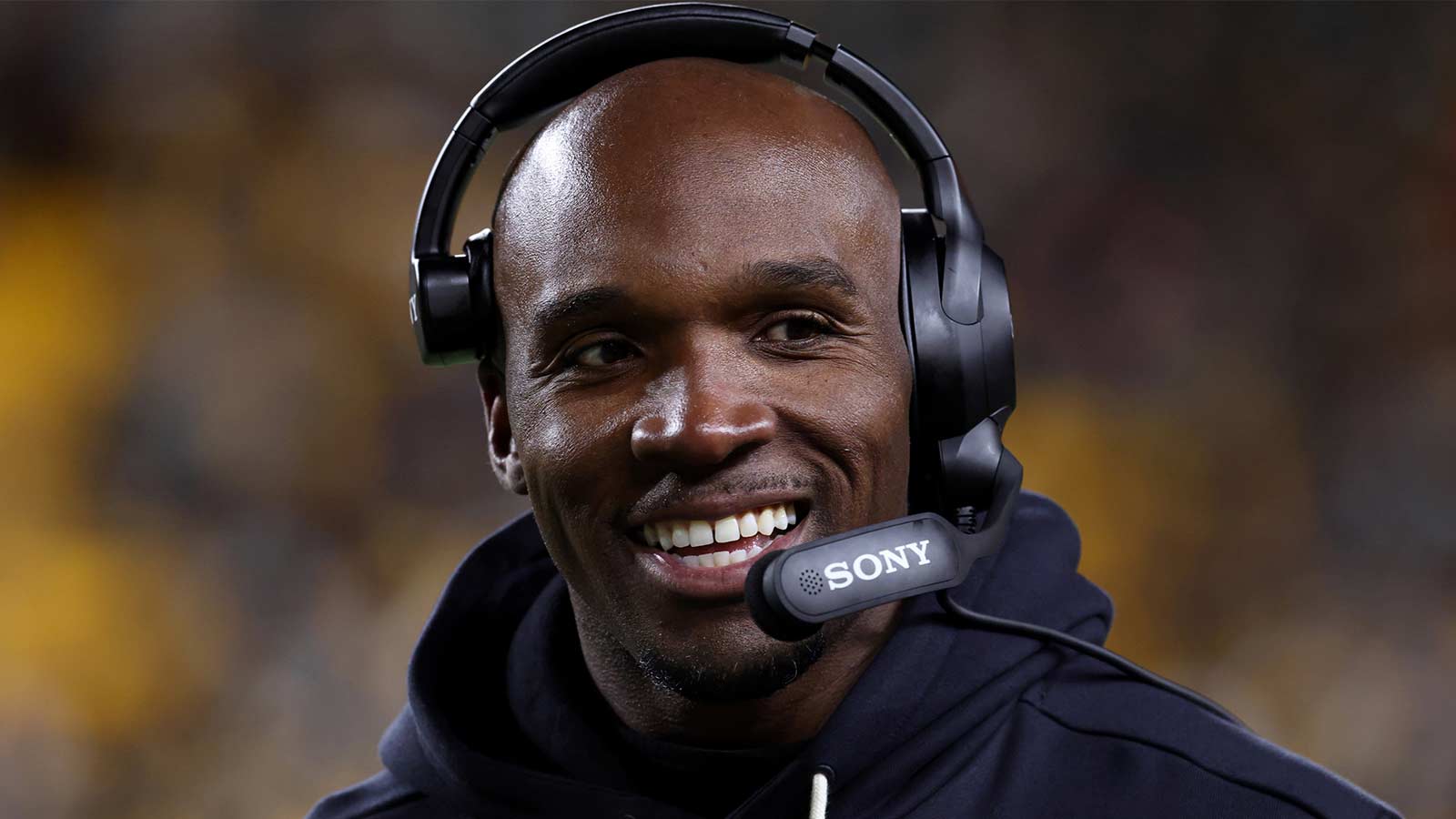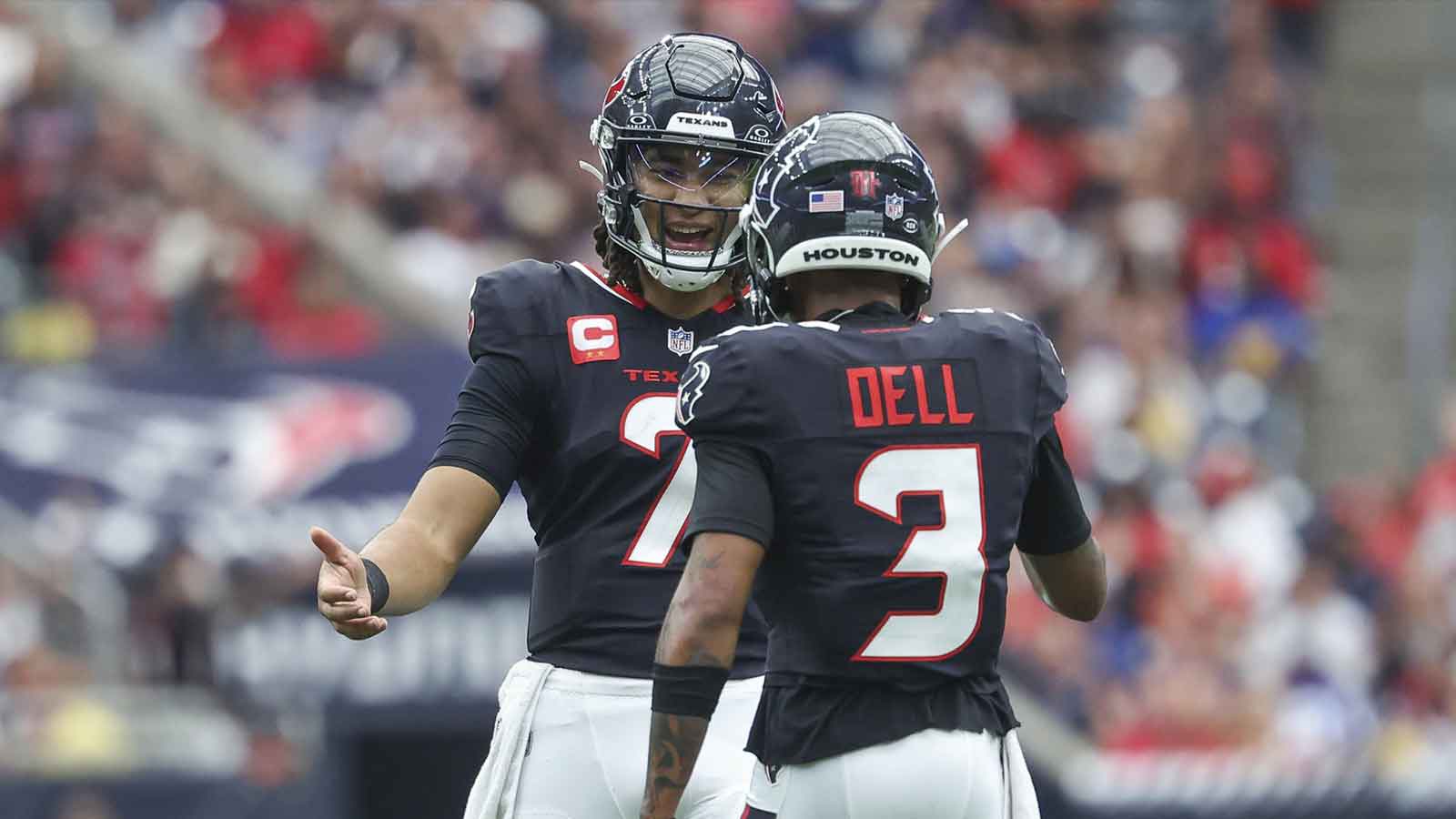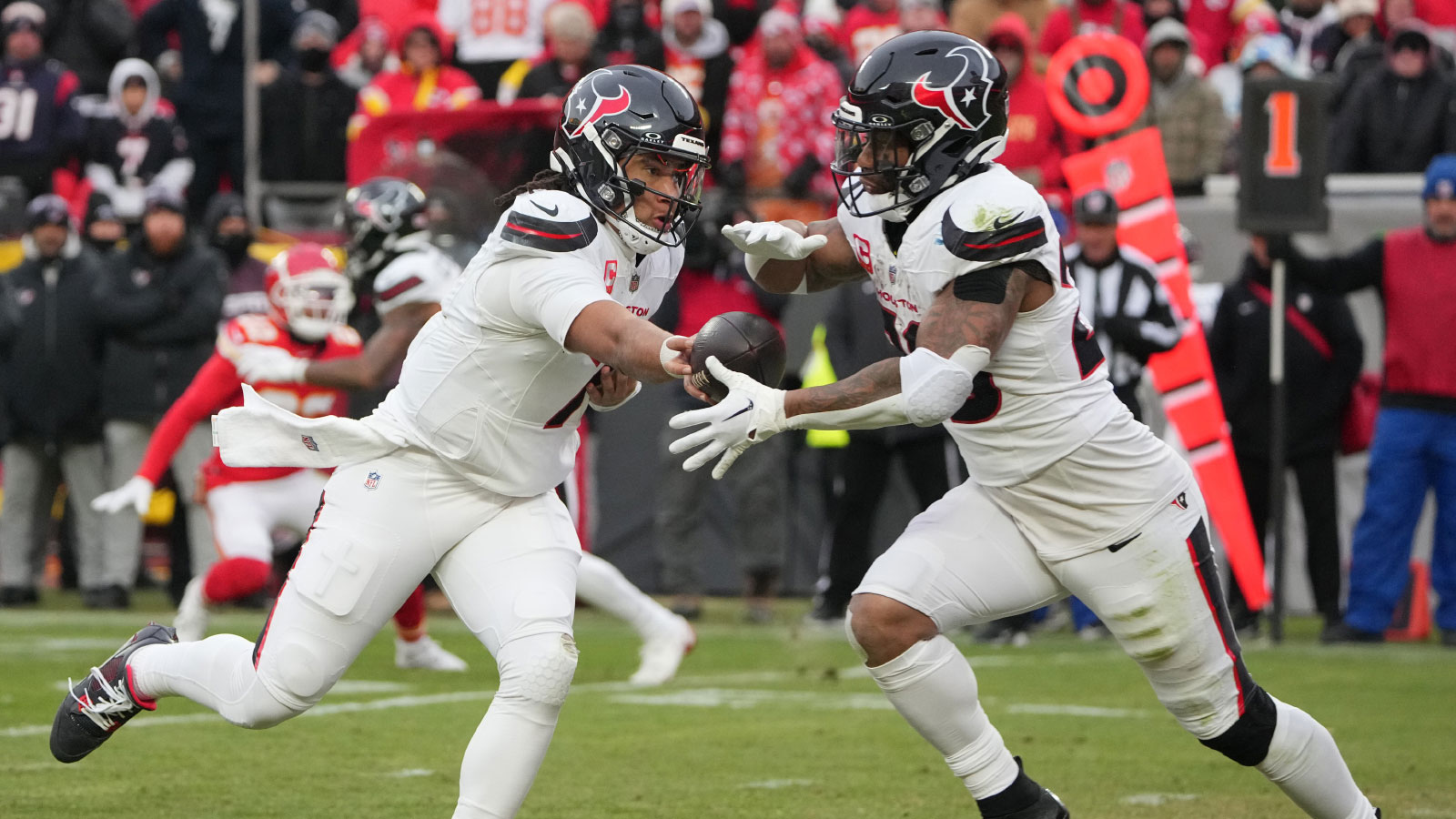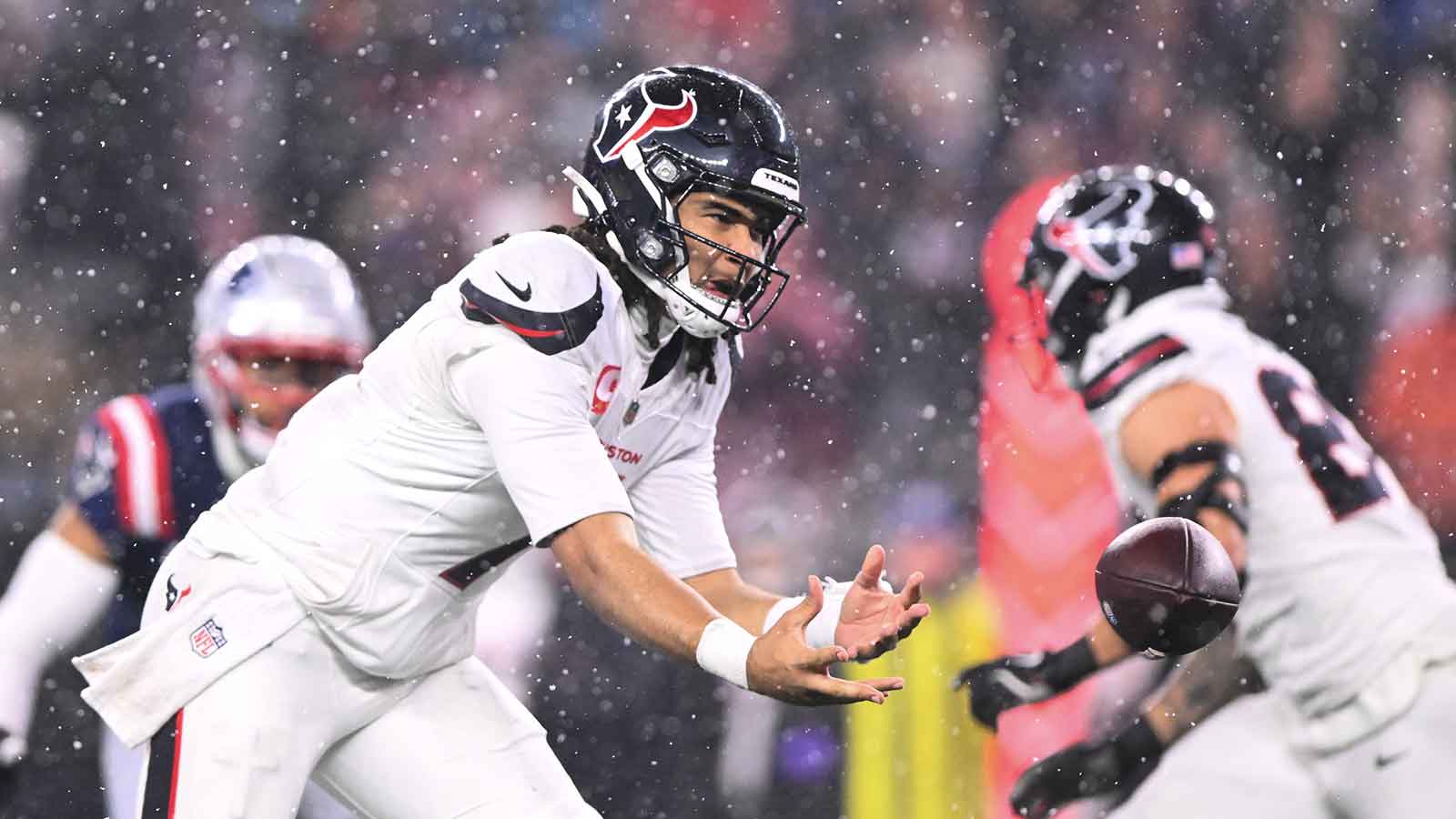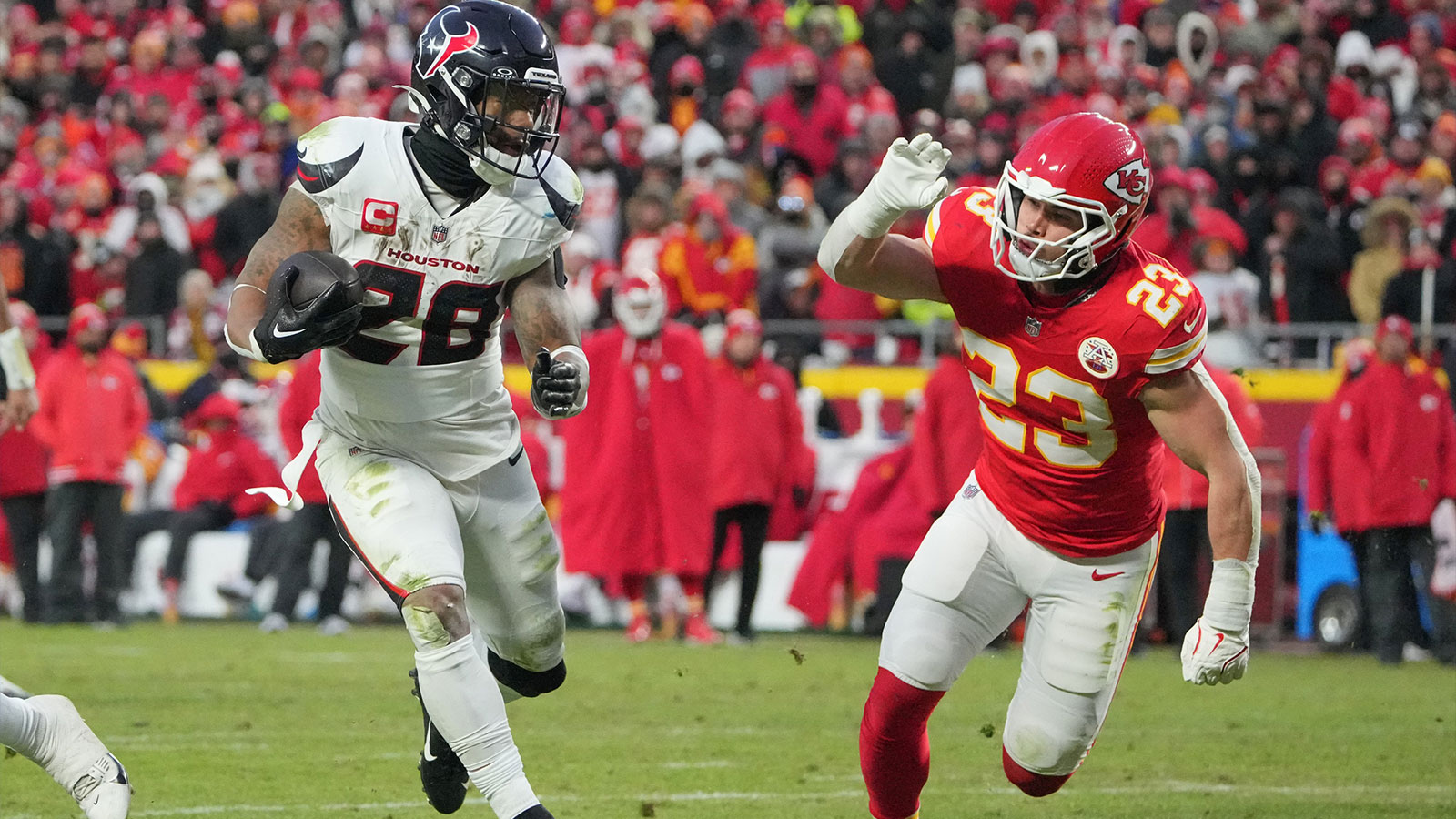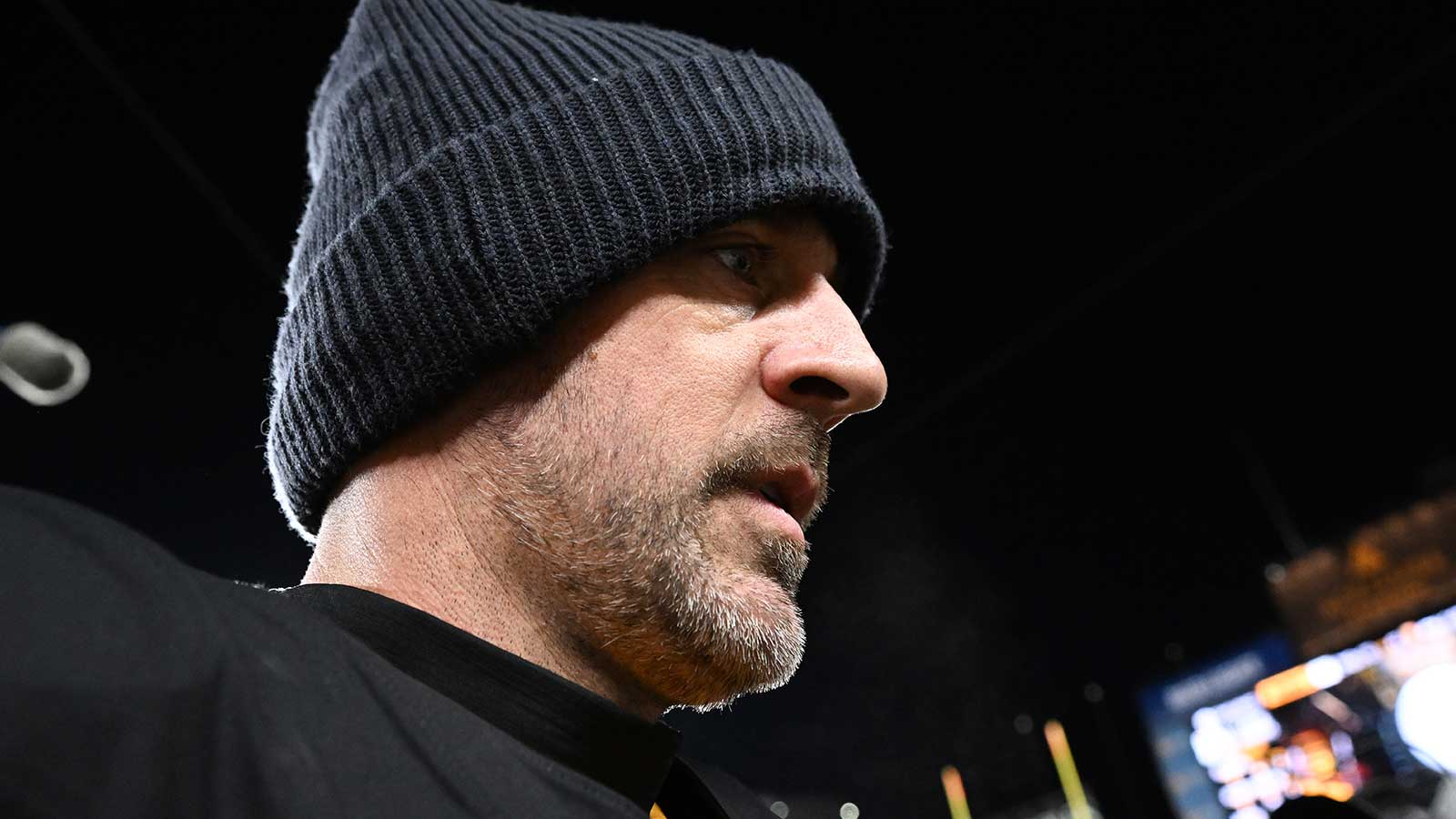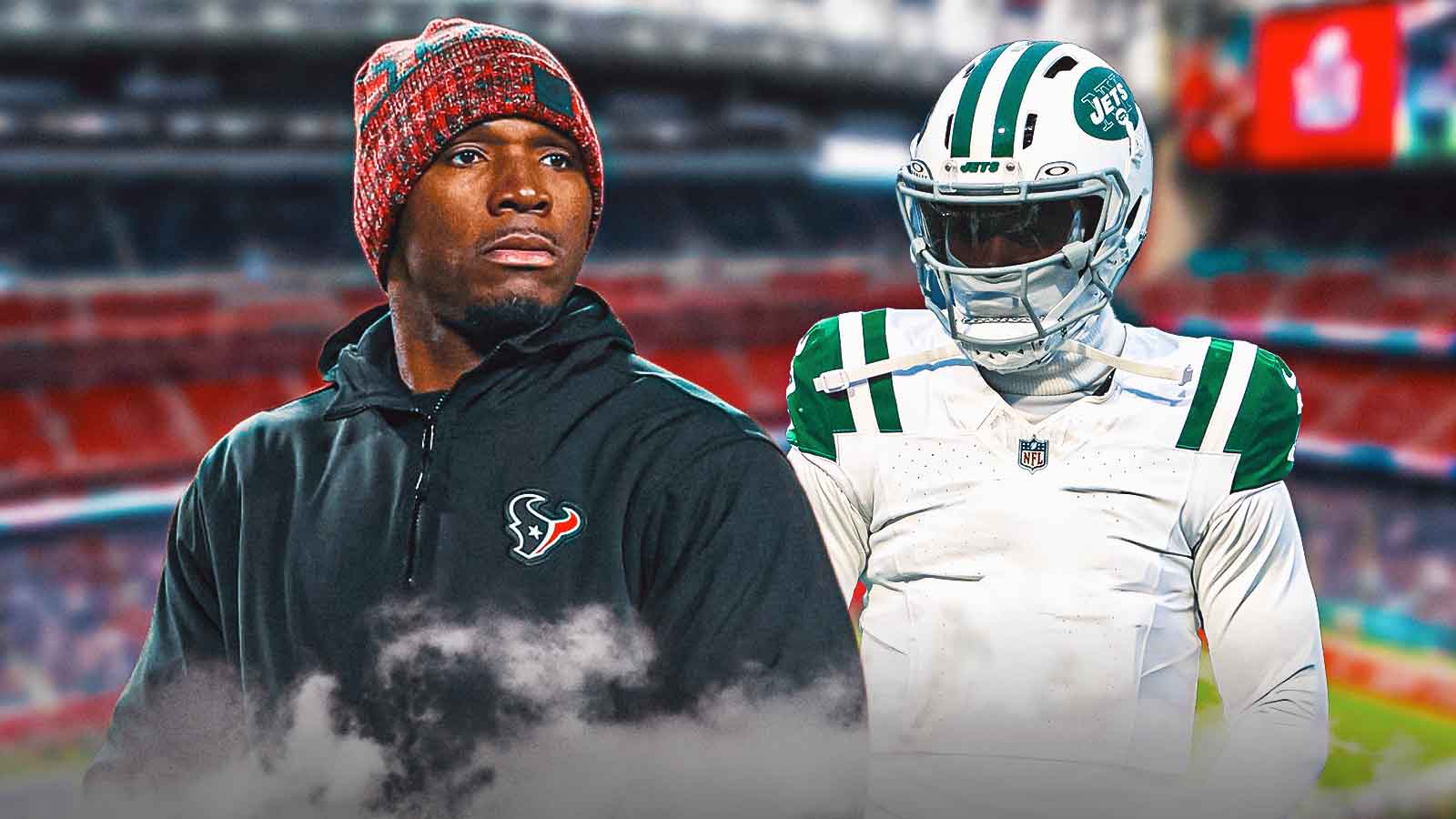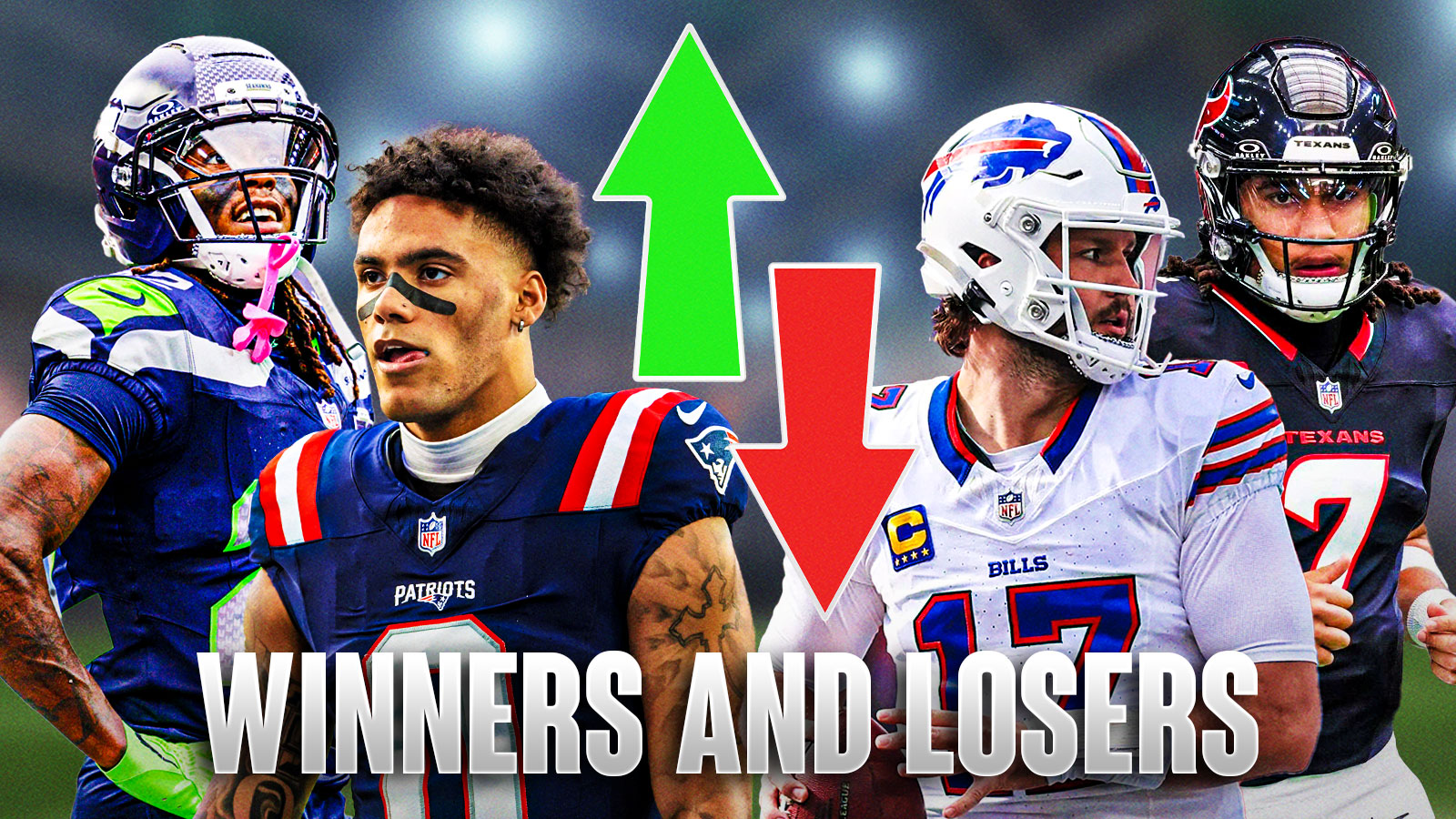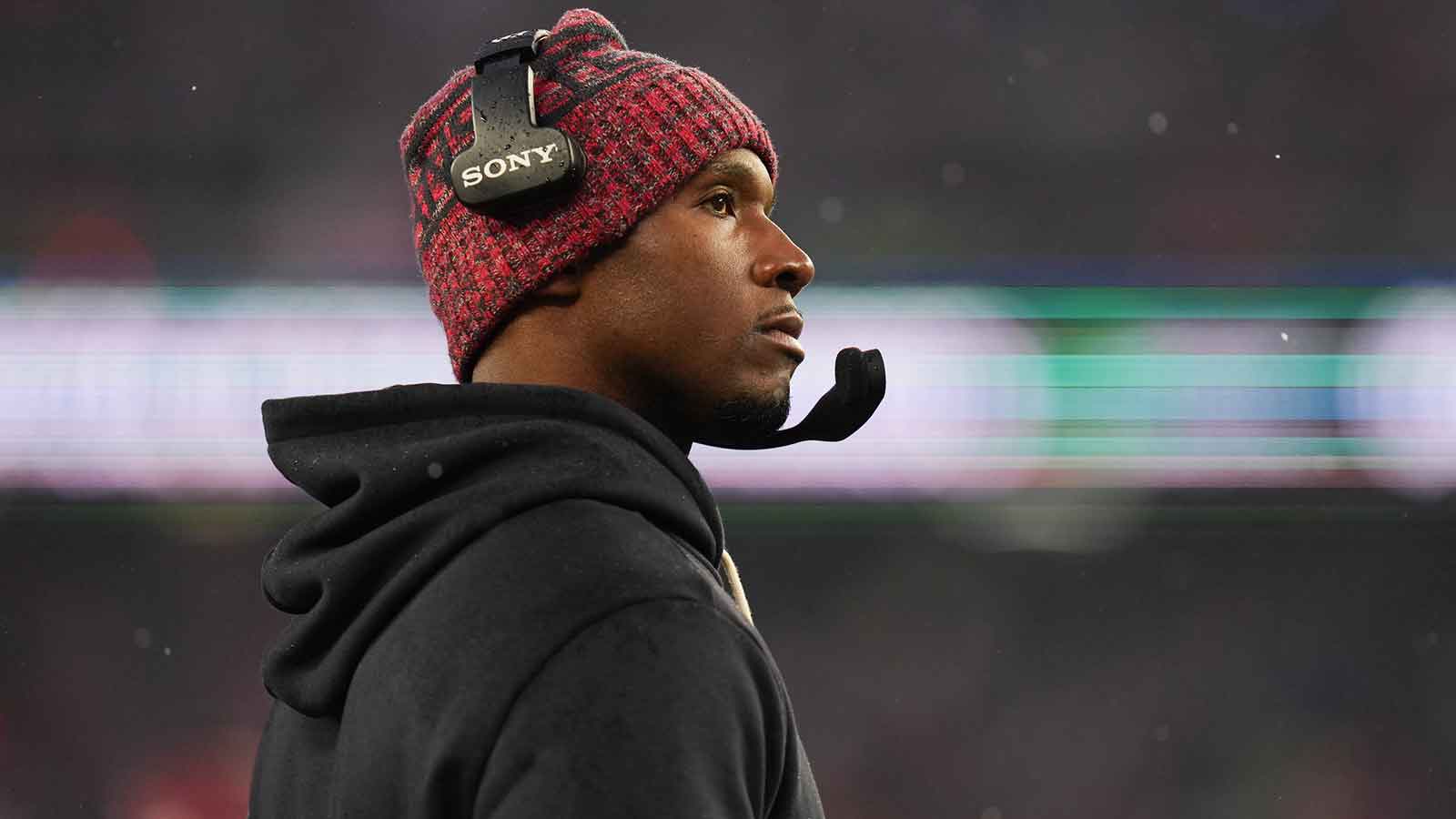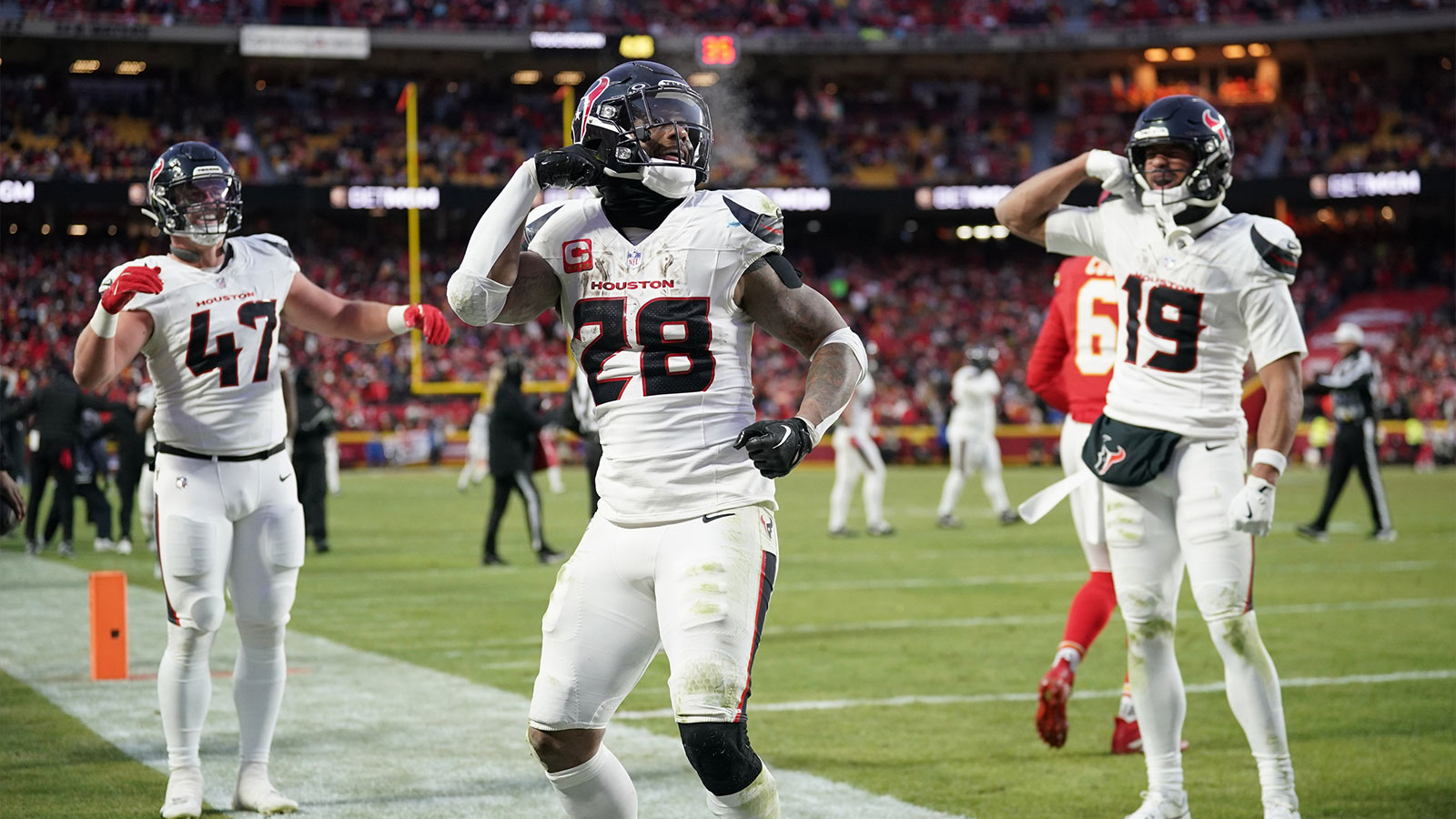The Houston Texans won the 2024 NFL offseason in the eyes of many, making some big moves in free agency and also swinging a massive trade for wide receiver Stefon Diggs.
The Texans were already knocking on the door to AFC supremacy last season, when they won 10 games, captured the AFC South division title and then routed the Cleveland Browns in the Wild Card Round of the playoffs. They proceeded to lose to the Baltimore Ravens in the Divisional Round, but it was became clear that Houston was building something.
C.J. Stroud instantly established himself as one of the game's best quarterbacks in his rookie campaign, DeMeco Ryans did a phenomenal job as head coach and the Texans were oozing with young talent on both sides of the ball.
They further solidified their roster this offseason, so much so that some feel Houston is a Super Bowl contender heading into next season.
While it may be too early to make that sort of claim, there is no denying that the Texans look incredible on paper. The problem is, the game isn't played on paper, and that's exactly why the Diggs trade is a risky one for Houston.
Why is the Stefon Diggs trade risky for the Texans?

Before the Texans even added Diggs, they already boasted a terrific receiving corps that included Nico Collins, Tank Dell and Noah Brown. You can throw tight end Dalton Schultz into the mix, as well. So, really, they didn't need Diggs.
This was a luxury trade for Houston, and while it's one that can certainly elevate the club to the next level, it can also hinder Stroud and Co.
Why?
Well, while Diggs is a terrific player, we know that he isn't exactly the easiest guy to deal with in the locker room. He caused issues with the Minnesota Vikings, resulting in the Vikings trading him to the Buffalo Bills. He then became a problem in Buffalo, which led to the Bills actually sacrificing $4 million in cap space for 2024 just to move him.
Who is to say that Diggs won't generate similar issues in Houston?
As amazing as Stroud looked in Year 1, he is still just a baby. He has a lot of room to grow, and he has a lot to learn. He has also likely developed a strong relationship with Collins and Dell, his top two receivers. Now, he has the pressure of having to satisfy Diggs, as well.
Diggs racked up 100 catches in each of his four seasons with the Bills. He surely won't be getting that type of attention with the Texans given all of the weapons they have. They also added running back Joe Mixon via trade, and Mixon is a fine pass-catcher out of the backfield.
Ergo, you have the wide receivers, a good tight end and a halfback who is a very reliable receiver himself.
That is an embarrassment of riches, and it means that Stroud will be spreading the ball around. There is a good chance that Diggs won't even post 1,000 yards receiving in 2024, which would mark the first time that has happened since 2017.
Would Diggs be alright with that? Or would he start to pout and make cryptic posts on social media much like he did with the Bills in spite of making four Pro Bowls there?
Or let's say the Texans get off to a slow start and Stroud misses an open Diggs on a key possession. Will Diggs give Stroud a hard time because of it?
These are all appropriate questions that could very well become a reality in October.
Again, we all understand the upside of adding Diggs. It could make Houston nearly impossible to defend. But at the same time, Diggs is now 30 years old and is coming off a very pedestrian second half of 2023. He logged five 100-yard outings over his first six games last season, but then did not register a single 100-yard performance the rest of the way. As a matter of fact, he didn't even hit 90 yards afterward.
Is it possible that Diggs is declining? Or was there deeper factors a play in Diggs' sudden disappearance (relatively speaking) down the stretch of 2023?
The Diggs trade is the definition of a high-risk, high-reward move for the Texans, and they have definitely hedged their bets by voiding the last three years of Diggs' deal. That means if things don't work out between the two sides in 2024, Houston can simply let Diggs walk next offseason. That means even the Texans understand that this could all go south.

